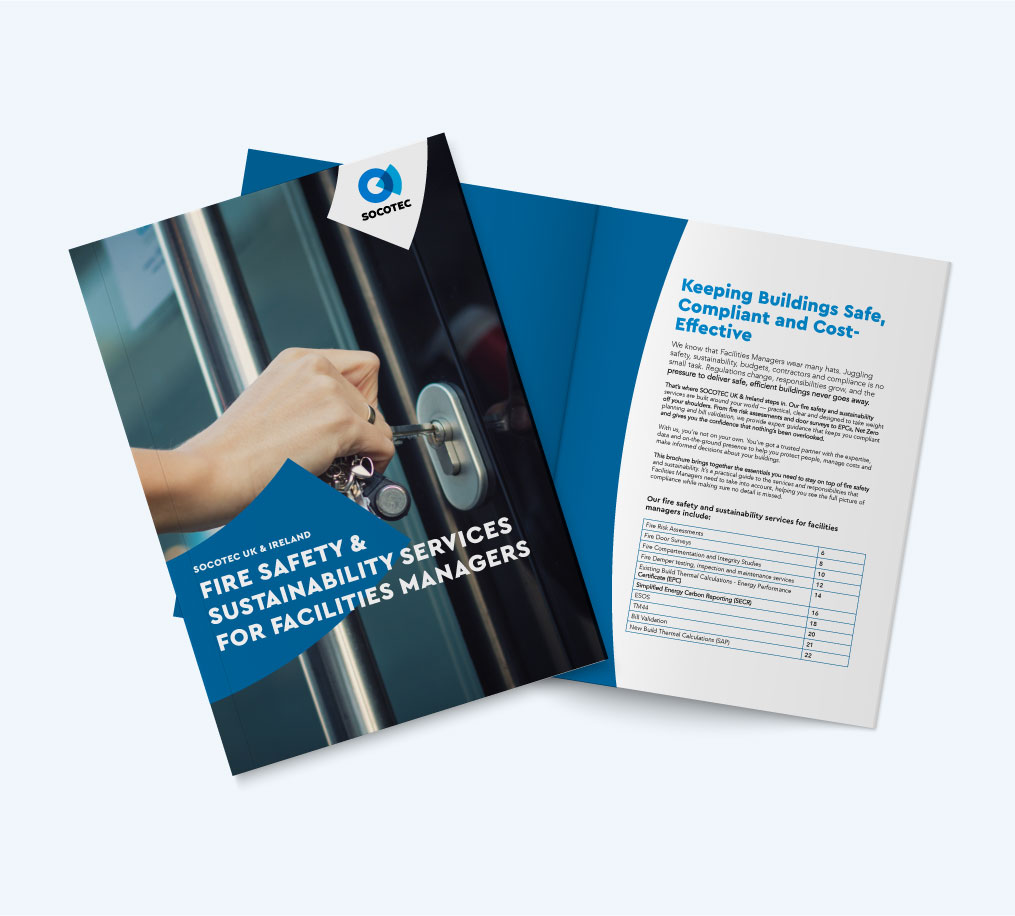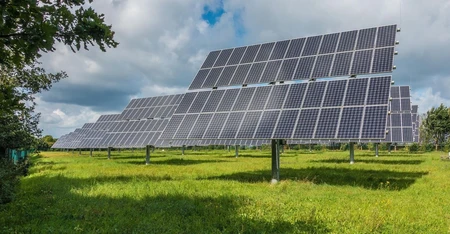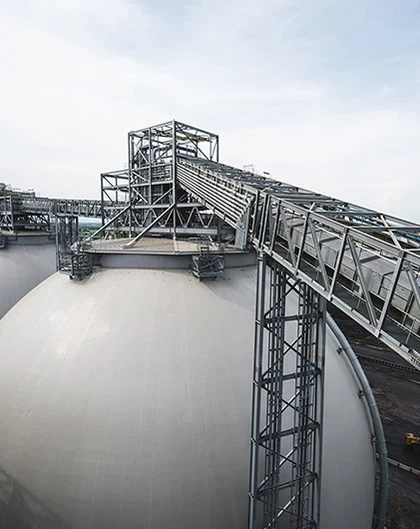Simplify your sustainability reporting with SECR compliance solutions.
Streamlined Energy and Carbon Reporting (SECR) is a mandatory environmental reporting requirement which acts as replacement legislation to a number of existing and expiring programmes, covering energy, carbon reporting and taxation.
What is SECR?
Having been enforced on 1 April 2019, SECR was launched so that all large businesses that meet specific criteria have to report their energy consumption and associated Green House Gas (GHG) emissions, with no further obligation to monitor gas and electricity supplies under CRC.
Ending CRC
The CRC Energy Efficiency Scheme (Revocation and Savings) Order 2018 was laid before Parliament in July 2018, having abolished the previous CRC. As of 1 April 2019, there is now no legal requirement to monitor gas and electricity supplies under the CRC, with final allowances surrendered in October 2019. The creation of the Companies (Directors’ Report) and Limited Liability Partnerships (Energy and Carbon Report) Regulations 2018 – now referred to as SECR – has made energy reporting a much more efficient process.
Who qualifies for SECR?
Companies who qualify for SECR are required to meet a minimum of two criteria:
- 250 or more employees (denoted as a ‘large company’)
- A turnover in excess of £36 million
- A balance sheet in excess of £18 million.
SECR is designed to increase a business’ awareness of energy usage and cost, encourage the adoption of more energy efficient measures and provide stakeholders with greater transparency in terms of a company’s energy efficiency and emissions. By measuring and reporting energy usage and associated Greenhouse Gas (GHG) emissions, organisations can make the necessary improvements to their energy efficiency, as well as understanding the risks they are facing and enhance their overall productivity.
What do I report under SECR?
As a mandatory energy reporting regime that is similar to the Energy Savings Opportunity Scheme (ESOS), SECR mandates that UK businesses are reporting formally on their energy and carbon emissions. The reporting covers energy and GHG originating from three scopes - Scope 1, Scope 2 and only the mandatory element of Scope 3.
- Scope 1 – Direct GHG emission – from all combustible fuels, including transport (mandatory)
- Scope 2 – Indirect GHG emissions (Grid Supplied Electricity)
- Scope 3 – Other indirect GHG emissions
- Extraction and production of purchased materialsand fuels (voluntary)
- Transport-related activities (voluntary), including Grey Fleet transport (mandatory)
- Electricity-related activities not included in Scope 2 (voluntary)
- Leased assets, franchises, and outsourced activities (voluntary)
- Use of sold products and services (voluntary)
- Waste disposal (voluntary)
The following information must be disclosed under SECR reporting:
- Total UK energy use from Scope 1 & 2 and Grey fleet from Scope 3
- Greenhouse Gas emissions from Scope 1 & 2 and Grey fleet from Scope 3
- Key performance indicator – Energy Intensity Ratio
- Energy efficiency action undertaken within the reporting period
- Comparative figures (these can be excluded for the first year of disclosure)
- Methodology statement.
By reporting these elements under SECR, businesses can ensure that a narrative of energy efficient actions are being undertaken, as well as demonstrating that they are on a clear trajectory to carbon reduction.
The government website offers an SECR reporting template that can be accessed here. However, it is not a requirement to follow this standard – it is up to the individual organisation to decide how their energy usage should be reported.
Is SECR reporting annual?
SECR is used as an annual reporting mechanism and is a legal requirement for quoted companies, large limited liability partnerships and large UK unquoted companies. It differs from ESOS, which is required to be reported every four years.
Companies in the scope of SECR will need to report/disclose this information each year in their Directors’ Report as part of their annual filing obligations under the Companies Act 2006 (Strategic Report and Directors’ Report) Regulations 2013
Who is exempt from SECR compliance?
Exemption to SECR compliance is available for companies who use under 40,000 kWh of energy. A ‘seriously prejudicial’ exemption can only be used in exceptional circumstances, such as in the lead-up to a major company restructure.
How can SOCOTEC support your organisation with SECR compliance?
SOCOTEC will work with your organisation to collate energy and transportation data for your company, help set up relevant methodology, and produce the statement report compliant with SECR requirements. This will enable your company to streamline your organisation’s reporting processes, allowing you to get a head start on year-on-year comparisons and support stakeholder engagement.

Talk to our experts
Does your business require support with SECR compliance?

SOCOTEC UK & Ireland
Fire Safety and Sustainability Services for Facilities Managers

As a facilities manager, you are responsible for keeping on top of the safety, efficiency and compliance of the buildings in your care. We at SOCOTEC understand how complex this role can be in the ever-changing regulatory landscape.
Our facilities management solutions go beyond ticking compliance requirements. Our experts partner with you to deliver strategies that enhance building performance and sustainability and help create robust fire safety measures or improve on existing plans.
View our brochure now to explore our sustainability and fire safety service offering and see how we can support you with your specific needs.
As a facilities manager, you are responsible for keeping on top of the safety, efficiency and compliance of the buildings in your care. We at SOCOTEC understand how complex this role can be in the ever-changing regulatory landscape.
Our facilities management solutions go beyond ticking compliance requirements. Our experts partner with you to deliver strategies that enhance building performance and sustainability and help create robust fire safety measures or improve on existing plans.
View our brochure now to explore our sustainability and fire safety service offering and see how we can support you with your specific needs.
You might also be interested in:

ESOS Action Plan Update Reminder

2025 Compliance Guide to TM44 Air Conditioning Inspections & New Penalty Changes

Update on EPC Legislation

ESOS Phase 3 Update: Comply by 5 June - Rule Changes

Energy Performance Certificate software









